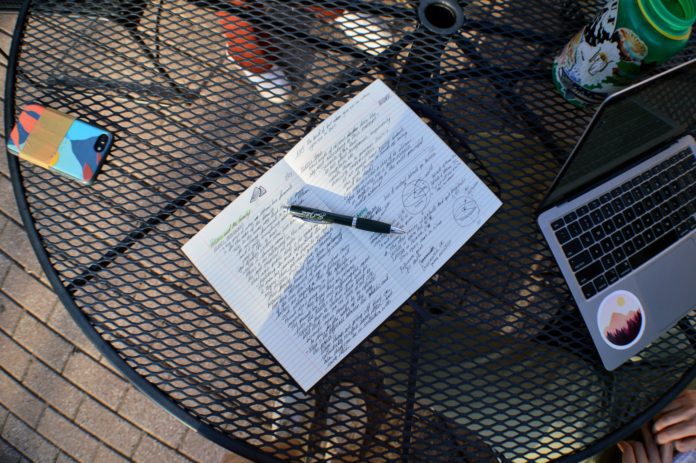Core Tradition

Lifeless or alive?
Every student at the University of Dallas has had personal experience with the core curriculum. We spend almost two years of our time at UD in classes outside our major, an experience that we quite easily accept and perhaps even take for granted. But in my experience as a UD student, I have also met people inside and outside the UD community who question the purpose of the core UD curriculum.
To many Americans today, Core is likely to seem like an elitist, impractical education for students stuck in the past of ancient texts and traditions. Most UD students would vehemently object to this view, but on what basis do we defend the core curriculum? We may indeed be holding on to intellectual and literary traditions that need to be renewed and replaced.
Kira Devlin, a first-year biology student, admitted that the UD core curriculum was one of the attractions of her admission to UD. Devlin says that she believes wisdom can be gleaned from the Core precisely because of the age of many of the texts. “I think they’ve been around for so long,” Devlin said, “because anyone can get something out of them, no matter what it is or how deep it is.”
Hannah Sullivan, English Language Specialist, said she believes the Core program is designed to help students become well-rounded and versatile adults. “Going through a two-year process in which you are introduced to several areas of thought gives you a better understanding of life and sets you up for further development,” Sullivan said.
However, both Sullivan and Devlin agreed that this holistic understanding of the Foundation is a product of personal development, with Devlin admitting that many freshmen may disagree with her about the value of the Core Curriculum.
The university’s official website for the Core states: “The Core is an opportunity to explore the fundamental aspects of being and our relationship with God, nature, and our fellow beings.”
Dr. Scott Kreider, professor of English, highlighted this tripartite study. The object of the Core is the wisdom of humanity, nature and the divine, which is largely realized through philosophy, history and literature. These aspects, according to Kreider, distinguish UD from most schools.
As the UD student attends more classes, the Core-major’s intended complementarity is hopefully breaking through, but there are still students who puzzle over the Core-major assignment at UD and in our modern society. For these students, the Core tradition is a fixed, closed mindset that hinders the growth of UD students, especially in regards to current world issues.
I asked Kreider if he thinks the core curriculum can really become obsolete, or if it could have the immortality that many students want to impose on it. “The core is the tradition,” Kreider said, “and the tradition usually doesn’t get old or obsolete. Instead, it develops.”
The idea of a developing tradition seemed counterintuitive at first, but Kreider clarified by saying that UD’s core curriculum has even changed since he started teaching here. “I think we too often think of our Core as being established, perfect,” Kreider said. – It is not true. This is just the foundation, this is just the beginning.”
Core texts are meant to be read and reread, and repeatedly thought about and discussed. The core cannot touch every aspect of past or current events, or even the whole of human nature, but it is the starting point for the ongoing self-education of the UD graduate.
To one individual student concerned about the stagnation of the core curriculum, any changes to the core curriculum may not be noticeable, but Kreider assured me that the core is a living being.
It is wrong to consider the Core obsolete or even unchanged, for the Core texts are constantly bearing many fruits, both old and newly discovered.
By no means is the idea of a core UD curriculum a topic that can be easily dismissed or summarized. The core is an active being that must be discovered as the student matures, but may never be fully understood. To belittle the Core as immortal and unchanging is a gross underestimation of the Western tradition, but to dismiss the Core as obsolete is to misunderstand the humanity of the traditional texts and let yourself down.
The core is not stagnant, but reactionary, alive and talking to us. “Just taking the Core is not the same as being educated in it. You have to bring spirit into it,” said Kreider. What do you give, what do you bring?
Dallas Press News – Latest News:
Dallas Local News || Fort Worth Local News | Texas State News || Crime and Safety News || National news || Business News || Health News
texasstandard.news contributed to this report.










